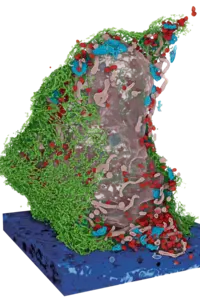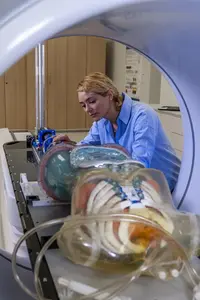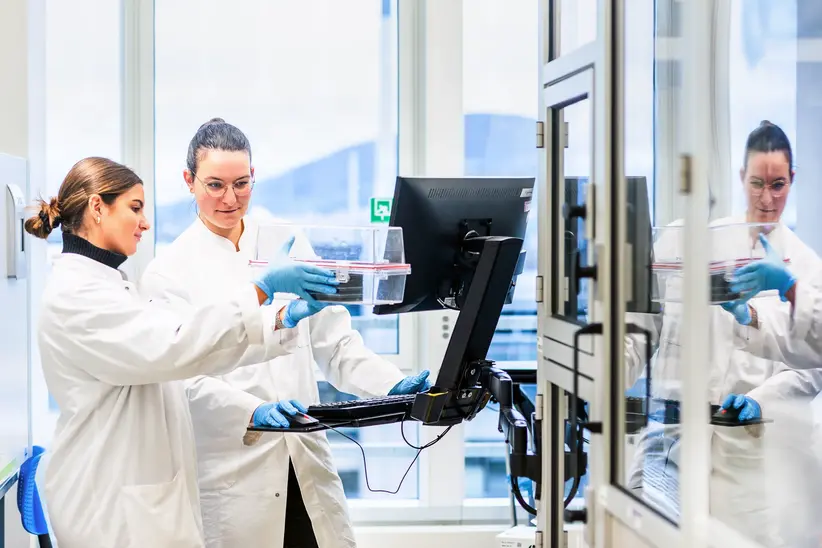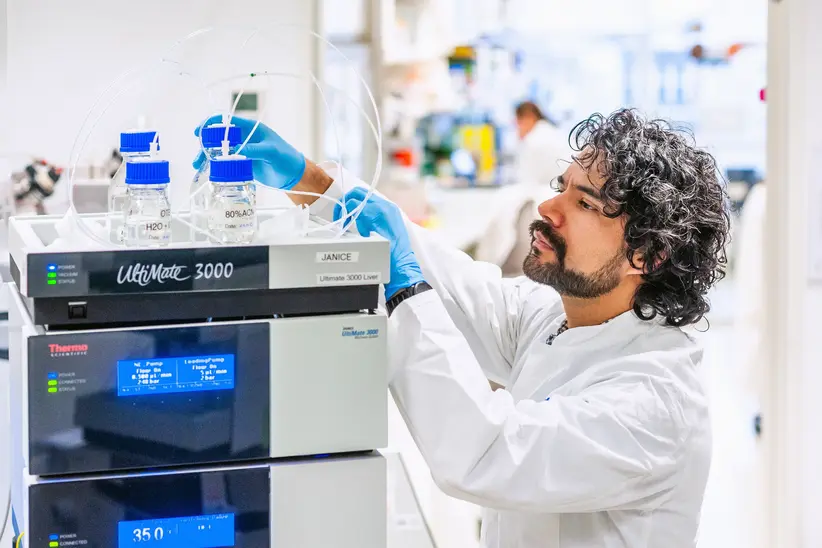Research for a life without cancer
At the DKFZ, we want to ensure that fewer people develop cancer, that cancer can be cured or treated so effectively that those affected can live with the disease and grow old with a good quality of life.
About DKFZ
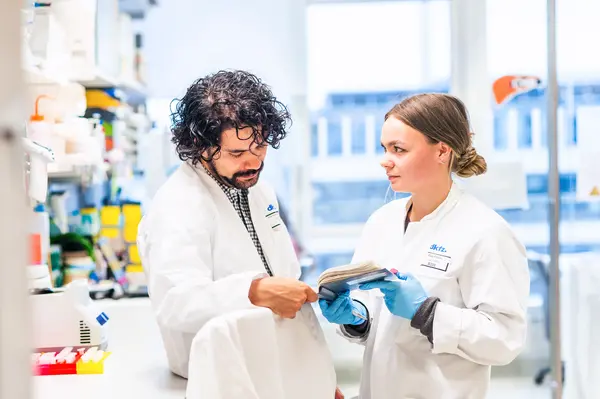
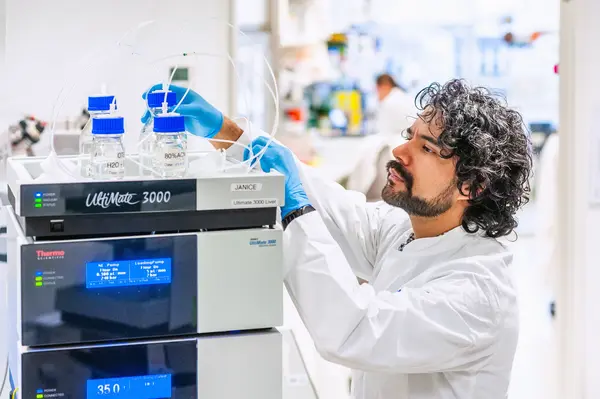
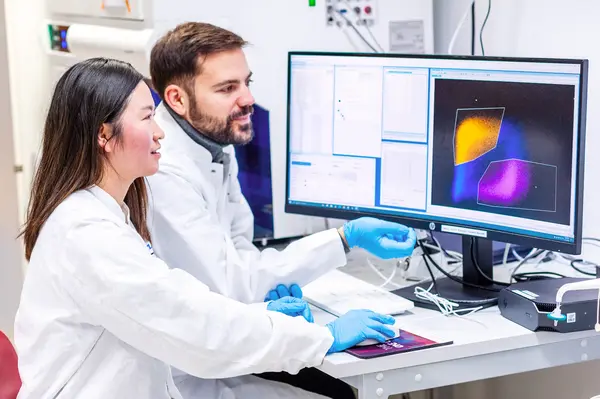
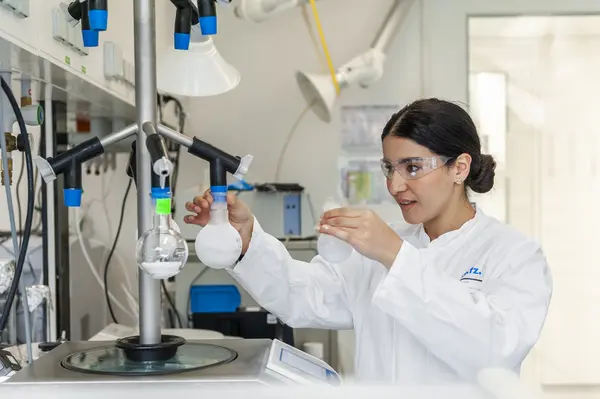

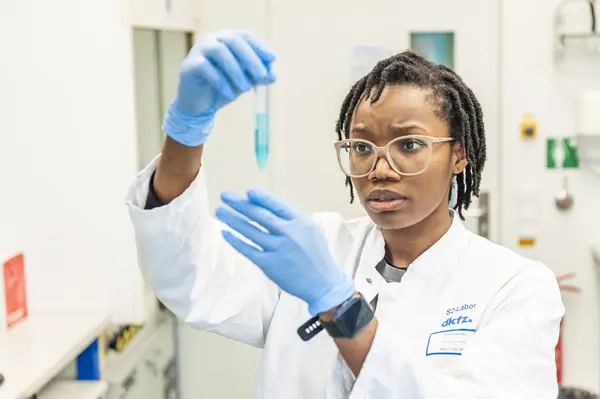
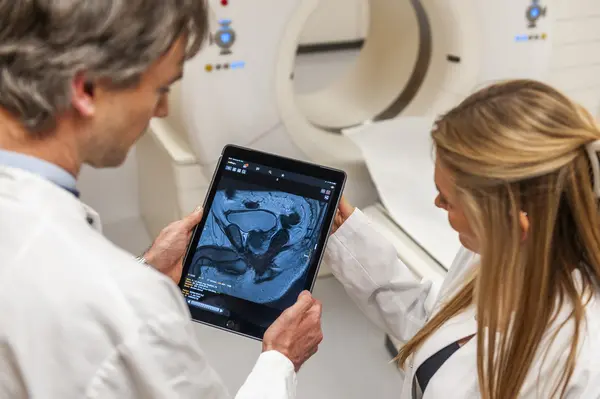
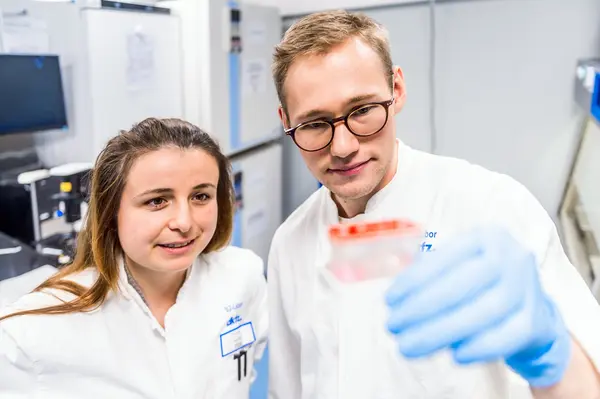
Latest from DKFZ

Researchers at the Hopp Children's Cancer Center Heidelberg (KiTZ), the German Cancer Research Center (DKFZ), the Heidelberg Medical Faculty (MFHD) of Heidelberg University, and Heidelberg University Hospital (UKHD) have taken a decisive step toward more precise diagnosis of brain tumors. The latest version of the internationally used AI-based Heidelberg CNS Tumor Methylation Classifier can identify more than 180 tumor types—twice as many as the previous version. This advancement helps physicians determine tumors of the central nervous system (CNS) more accurately, enabling more targeted and less invasive treatment planning. The Hopp Children's Cancer Center (KiTZ) is a joint institution of the German Cancer Research Center (DKFZ), Heidelberg University Hospital (UKHD), and Heidelberg University (Uni HD).

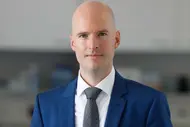


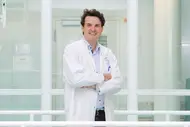


Our research opens doors in the fight against cancer
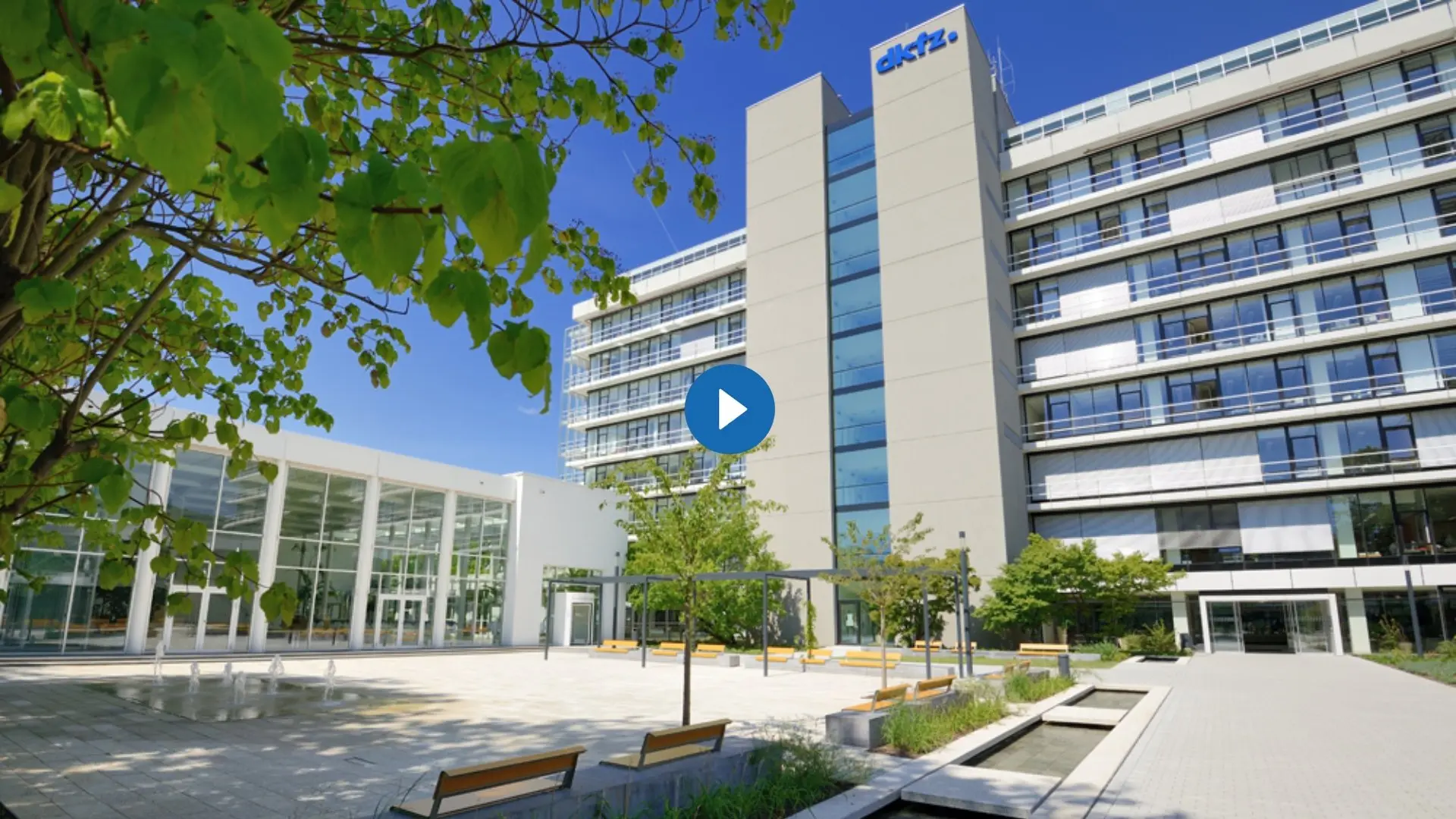

Do you have questions on the topic of cancer?
Let us advise you!
Doctors from the Cancer Information Service answer your questions every day. Find out more now for free!




